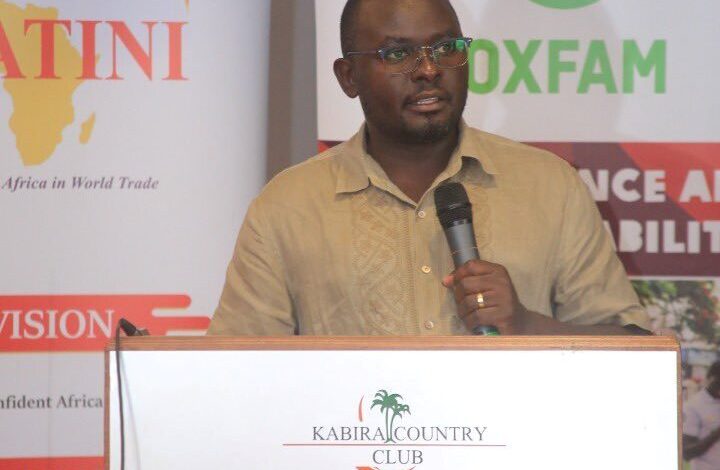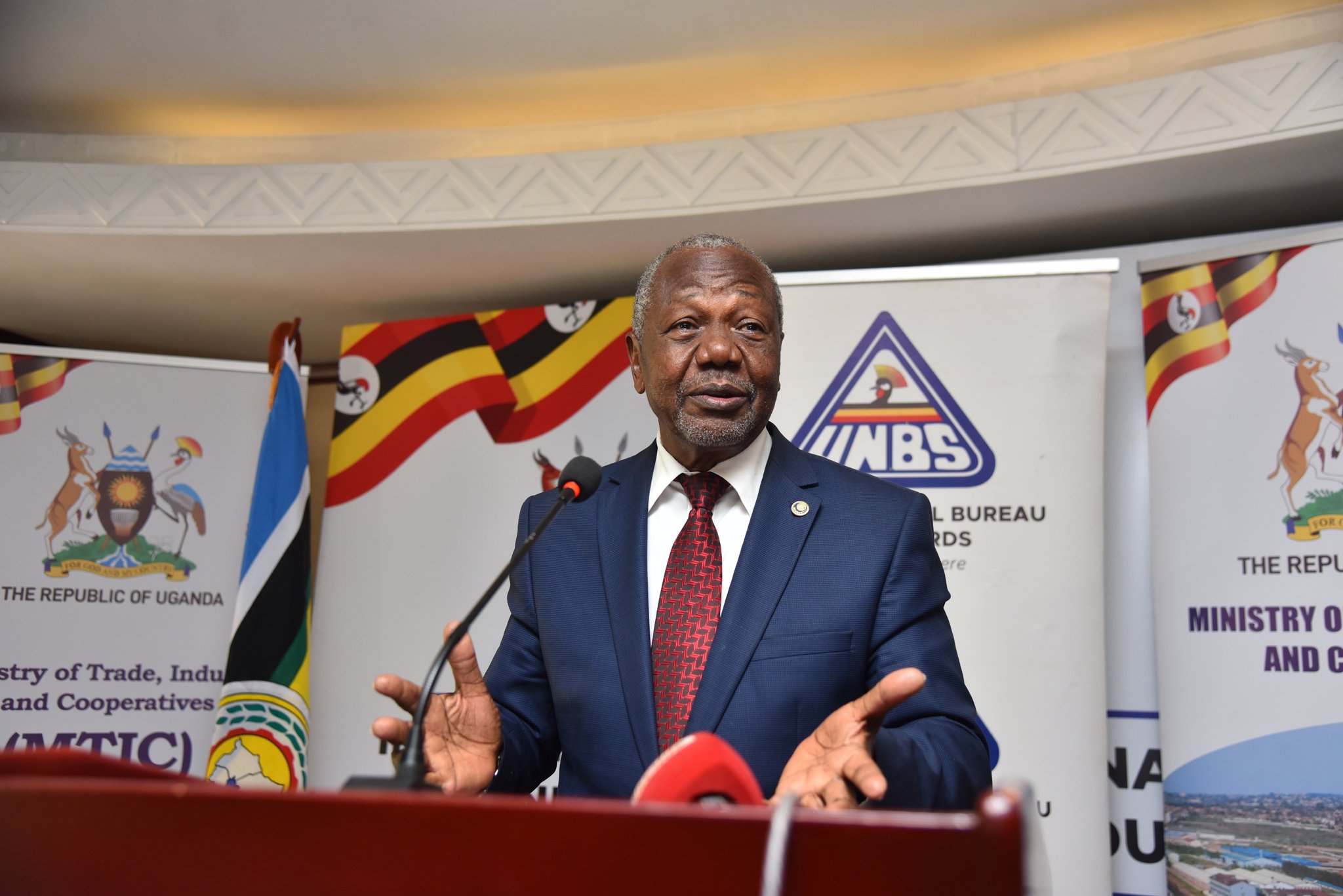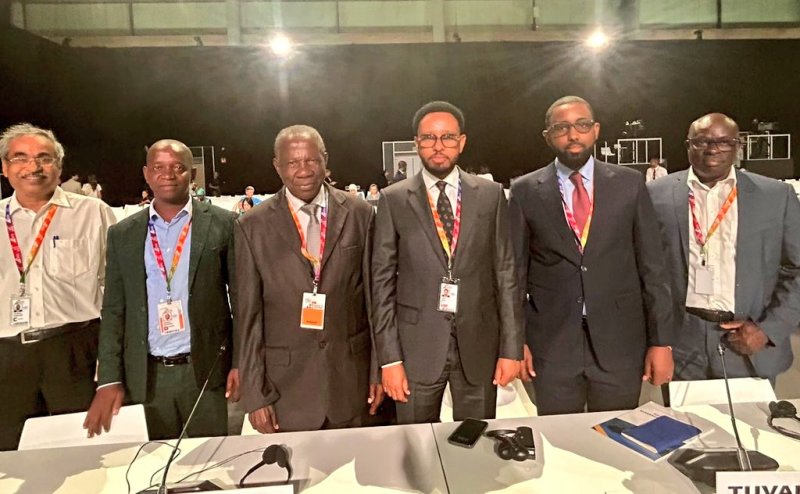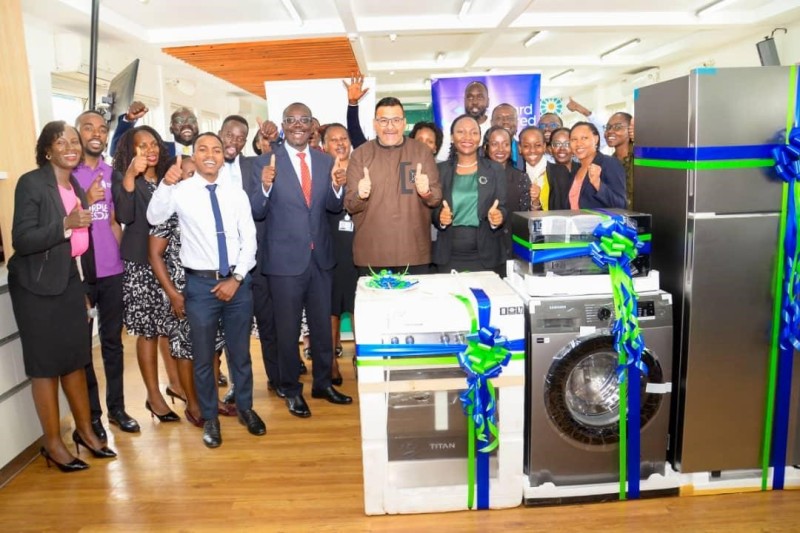Oxfam Uganda recommends heavy taxation of the rich to eliminate tax inequality
According to the 2021 report of Oxfam, the richest 10% of Ugandans have had their income grow by an impressive 20%per year.

Oxfam Uganda has laid forward a recommendation to the government on how to eliminate tax inequality between the rich and poor in the country.
A report from Oxfam on widening the tax base of low-income countries highlights that increasing taxes on the High-Net-Worth-Individuals (HNWIs) is practically and politically feasible to benefit the vulnerable and increase government revenue.
The laxity in the implementation of laws governing tax collection from the HNWIs is said to be the main cause of tax inequality.
During the National Tax Symposium on Taxing the Wealthy and High Net Worth Individuals in Uganda, Francis Shanty Odokorach, Oxfam’s Country Director called upon the government to strengthen the tax measures levied on the rich to promote tax equality in the country.
Within the first year of implementing the initiative of taxing the high net worth individuals, URA registered an increase in revenue collection of about Shs19.7 billion in Rental tax, among others.
“As a country, we have faced very many unprecedented crises from floods, drought, and elevated to persistent inflation with food and energy price shocks coupled with less expansionary fiscal policies.
This has widened the inequality gap and needs urgent attention if we are to build a more inclusive future and just recover from the past shocks,” he noted.
Among other measures stated in the report, Odokorach says that there should be a systematic and wide-ranging increase in taxation of the super-rich.
He says this is to curb the decades of tax cuts for the richest and corporations which have fueled inequality with the poorest people in many countries paying higher tax rates.
“Strengthen data collection and analysis. Government should invest in the development of a more robust system, for collecting and analyzing financial data, on HNWIs.
This could include increasing the use of financial intelligence and strengthening partnerships between government ministries, departments and agencies,” he explained.
Now, Monica Tumukunde, the head of the High Net worth Individual unit at URA noted that the Authority follows directives given by the Ministry of Finance on how to tax the high net worth individuals in Uganda.
She further explained the criteria under which one is considered an HNWI, saying that an individual must be having an annual income of Shs.1 billion or at least $1 million in liquid financial assets, excluding personal assets such as a primary residence.
According to Dan Mwanje, an official from the ministry of finance, identifying the high-net-worth individuals in the country is so tricky. He explained that the rich dodge paying taxes, something which reduces the domestic revenue collection.
Oxfam is an international confederation of 18 NGOs working with partners in over 90 countries to end the injustices that cause poverty.
According to the 2021 report of Oxfam, the richest 10% of Ugandans have had their income grow by an impressive 20%per year.
This meant that these 10% richest Ugandans, own 35.7 per cent of the country’s wealth.







